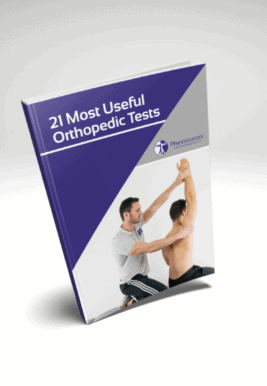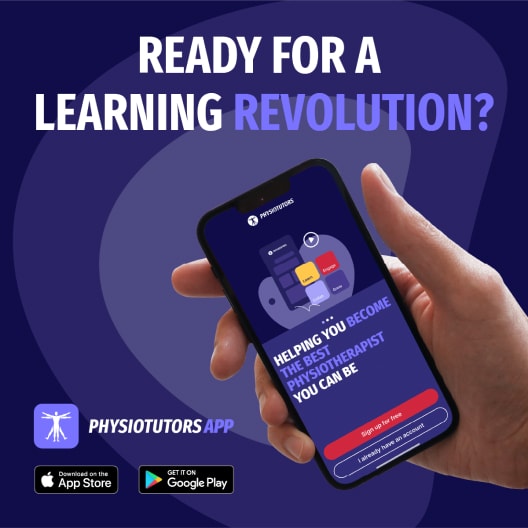Learn
TFCC Compression Test | Triangular Fibrocartilage Complex Assessment
The triangular fibrocartilage complex, abbreviated as TFCC consists of the articular disc, the meniscus homologue, the dorsal and palmar radioulnar ligaments, the ulnolunate and ulnotriquetral ligaments, and the extensor carpi ulnaris tendon sheath.
As a center of forearm rotation, the TFCC plays a key role in stabilization, rotation, translation, loading transmission to the wrist and acts as an essential pivot point. Due to its anatomical location as well as its involvement in the key functions of rotation and load-bearing, it is highly prone to injuries and attritional wear.
Unfortunately, no statistical values are described for this test, which is why we assign this test a questionable clinical value.
To perform the TFCC Compression Test according to Prosser et al. in the year 2011, fixate your patient’s radius and ulna with one hand close to the joint line. Then grab your patient’s hand at the height of the meta-carpals from radial and bring his wrist into ulnar deviation under axial compression.
This test is positive for a TFCC tear in case your patient’s pain is reproduced with a click or crepitations.
21 OF THE MOST USEFUL ORTHOPAEDIC TESTS IN CLINICAL PRACTICE

Other orthopedic tests to assess the triangular fibrocartilage complex are:
Other common tests for injuries at the wrist are:
- Watson / Scaphoid Shift Test for Scapholunate Instability
- Distal Radioulnar Joint / DRUJ Test
- Lunotriquetal Ballottement / Shuck Test
Like what you’re learning?
BUY THE FULL PHYSIOTUTORS ASSESSMENT BOOK
- 600+ Pages e-Book
- Interactive Content (Direct Video Demonstration, PubMed articles)
- Statistical Values for all Special Tests from the latest research
- Available in 🇬🇧 🇩🇪 🇫🇷 🇪🇸 🇮🇹 🇵🇹 🇹🇷
- And much more!








